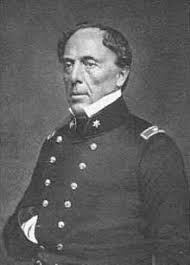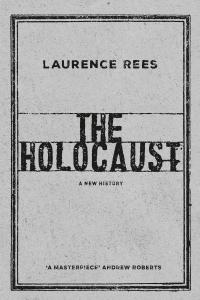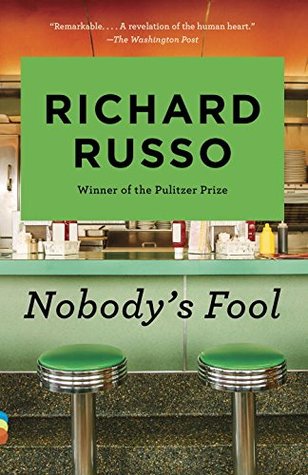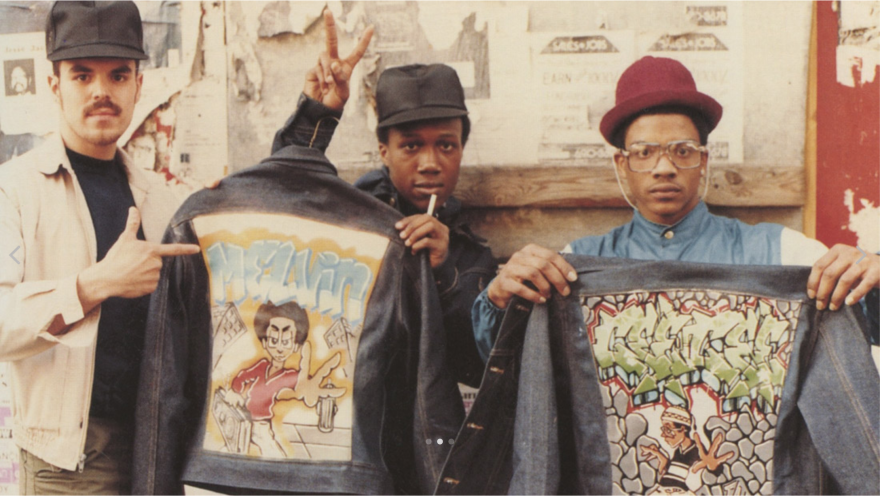
President Buchanan received the commissioners of the state of South Carolina, but as “private gentlemen” as opposed to commissioners of a sovereign power. The commissioners ceclared they needed to have redress for the moving of Anderson’s force before entering upon negotiations. They insisted also upon withdrawal of all troops from Charleston. When pressed for a decision, the President insisted he needed time. General Winfield Scott, meanwhile, wrote to the Secretary of War opposing the evacuation of Fort Sumter and favoring sending reinforcements and supplies, along with armed vessels, to support the fort. During a cabinet meeting, two members, Stanton and Floyd, almost came to blows over the fort.
The Secretary of War, John B. Floyd, was the former Governor of Virginia, and for some time it had seemed to be clear that he would have to leave the Cabinet. He had caused difficulty with his strong pro-southern viewpoint in the South Carolina crisis and at the same time there had turned up an apparent defalcation of $870,000 of Indian-trust bonds in the Interior Department. For the bonds Floyd had substituted acceptances to various army contractors. There was a charge of attempting to ship heavy guns from Pittsburgh to the south and seeing to it that small arms reached southern arsenals. Buchanan had requested his resignation on December 23rd, as his proposal to remove Federal troops from Charleston had been the last straw. Floyd’s alleged attempt to shift arms from Pittsburgh to the south was prevented after his resignation.
In Springfield, President-Elect Lincoln replies to William Cullen Bryant, who warned him about compromises of “well-known politician.” Lincoln says he did not press any compromise. “As to the matter of the cabinet, . . . I shall have a great deal of trouble, do the best I can.” He writes Seward his reaction to four names Seward proposed for cabinet. Lincoln also answers letter from James Watson Webb, New York editor Forts must be held or retaken.
Join us at Bow Tie Tours for Philadelphia’s Best Historical Walking Tours. Our “Independence Tour Extraordinaire” includes tickets to Independence Hall, as well as numerous other sites, such as 2nd National Bank, Graff House, Carpenter Hall, and Christ Church. If you are interested in learning about George Washington, join us for our Valley Forge Tour. For those interested in the Civil War, come see our Gettysburg Tour, or ask us about our upcoming “Philadelphia and the Civil War” tour. The true history buffs will want to contact us about taking part in our American History Vacation Packages.
Advertisements Share this:





